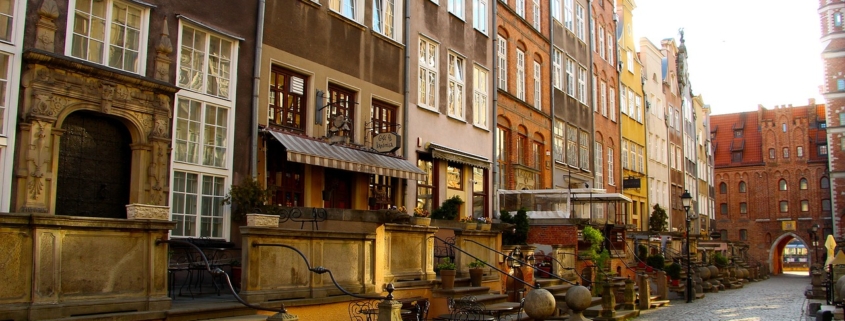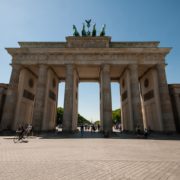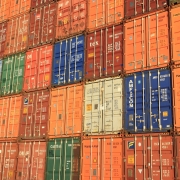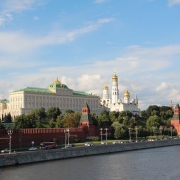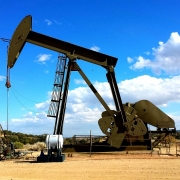What changes did Poland go through in 1989?
Topic of Study [For H2 and H1 History Students]:
Paper 1: Understanding the Cold War (1945-1991)
Section A: Source-based Case Study
Theme I Chapter 3: End of Bipolarity [Popular movements in the West and the Eastern bloc to end the Cold War]
Historical context
In response to worsening economic problems in the late 1980s, the Polish people participated in strikes. In September 1988, Polish Solidarity leader Lech Walesa and the Minister of Internal Affairs Czesław Kiszczak (the right-hand man of General Jaruzelski) held a secret meeting to discuss the political situation of Poland. This was a stark contrast to the Polish government’s response to the strikes in 1980-1981, in which martial law was declared.
By the end of the meeting, both parties agreed to hold talks (known as the ‘Round Table’), which began on 6 February 1989. Two months later, the ‘Round Table Agreement’ was signed, reflecting successful efforts for political reforms in a Communist-controlled Poland.
By February 1989, President Wojciech Jaruzelski agreed to open ’round-table negotiations’ with Solidarity in an attempt to introduce democratic elements into Polish politics. An agreement signed in April 1989 legalized Solidarity and stipulated new election rules. Non-communist parties were now allowed to compete for 35 per cent of the seats in the Polish Diet, yet the formula ensured that Jaruzelski would retain the power of decision.
An excerpt taken from “Transatlantic Relations Since 1945: An Introduction” by Jussi Hanhimaki, Barbara Zanchetta and Benedikt Schoenborn.
The Round Table Agreement and its consequences on the Cold War
In the Agreement, there were several noteworthy points, such as the legalisation of independent trade unions (which included the popular Solidarity) and the creation of Senate. More importantly, an election was to be held on 4 June 1989.
Of course, the Polish Round Table talks set into motion the chain of extraordinary events of 1989 in Europe. As a result of the talks the first completely free election in one house, the Senate, occurred in Eastern Europe in forty years. Because of the unexpectedly overwhelming triumph of Solidarity in the elections in June 1989, in August the first non-Communist prime minister in Eastern Europe in forty years came to office after the Communists were unable to form a government when some of their former satellite Peasant Party allies defected. […]
A Soviet intervention in Poland would have meant the death of Gorbachev’s détente with the West, with deleterious consequences for his perestroika project. Gorbachev thus faced a stark choice he had not expected or desired: intervene in Poland or let a non-Communist government come to power.
An excerpt taken from “Problems of Democratic Transition and Consolidation: Southern Europe, South America, and Post-Communist Europe” by Juan J. J. Linz.
By the end of the first free parliamentary election in Poland since 1928, the Solidarity emerged victorious. On 24 August 1989, Tadeusz Mazowiecki became the first non-Communist prime minister in the Eastern Bloc. Thus began the disintegration of the Soviet bloc in Eastern Europe.
What can we learn from this article?
Consider the following question:
– Assess the view that the fall of Soviet Communism in Eastern Europe was mainly the result of popular movements in 1989?
Join our JC History Tuition to learn more about the End of the Cold War. The H2 and H1 History Tuition feature online discussion and writing practices to enhance your knowledge application skills. Get useful study notes and clarify your doubts on the subject with the tutor. You can also follow our Telegram Channel to get useful updates.
We have other JC tuition classes, such as JC Math Tuition and JC Chemistry Tuition. For Secondary Tuition, we provide Secondary English Tuition, Secondary Math tuition, Secondary Chemistry Tuition, Social Studies Tuition, Geography, History Tuition and Secondary Economics Tuition. For Primary Tuition, we have Primary English, Math and Science Tuition. Call 9658 5789 to find out more.

